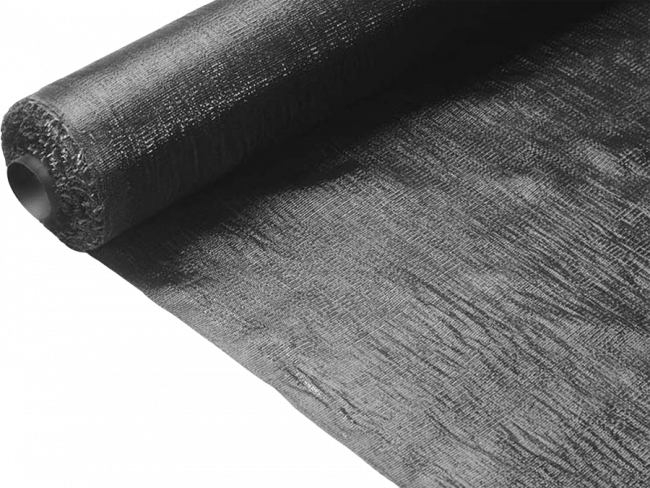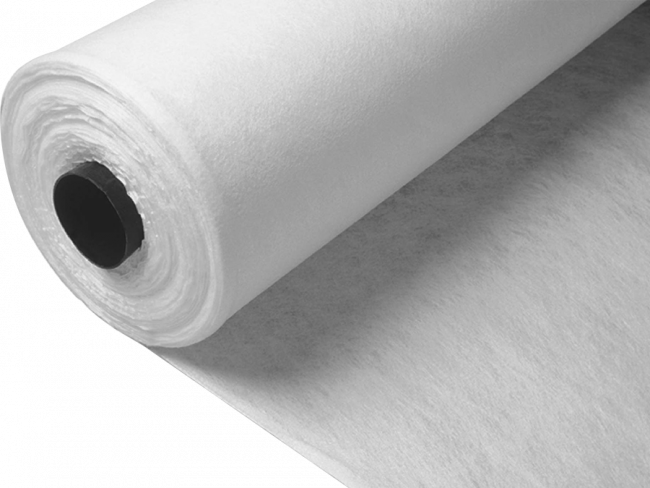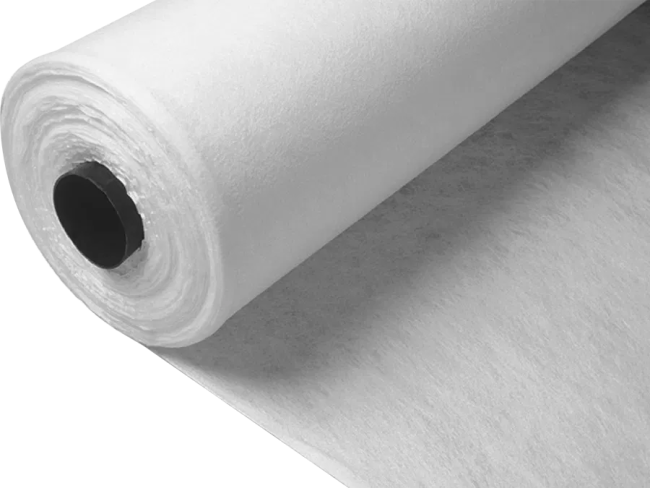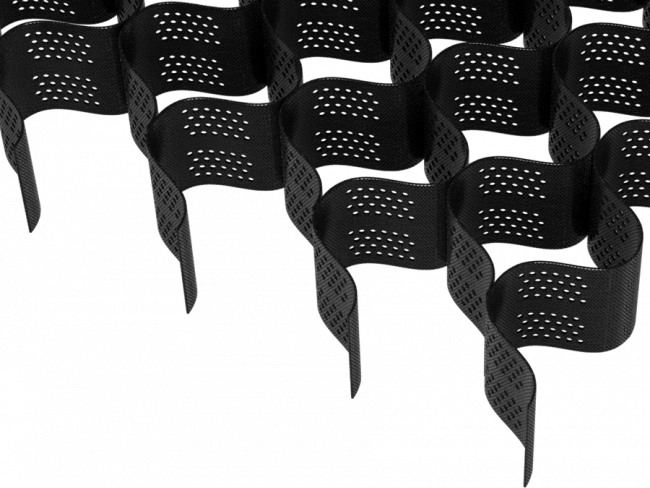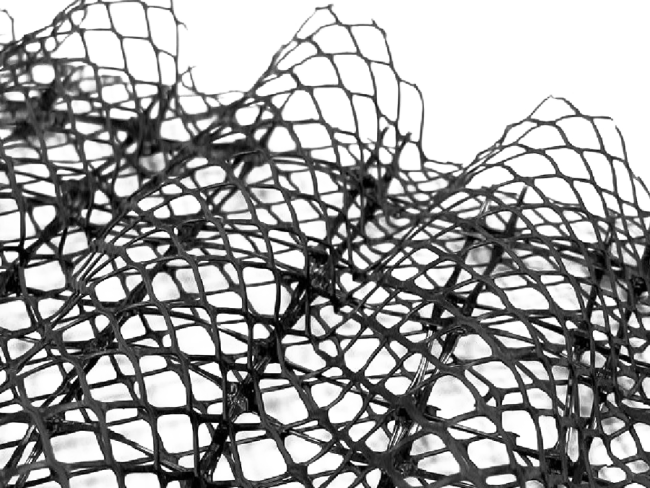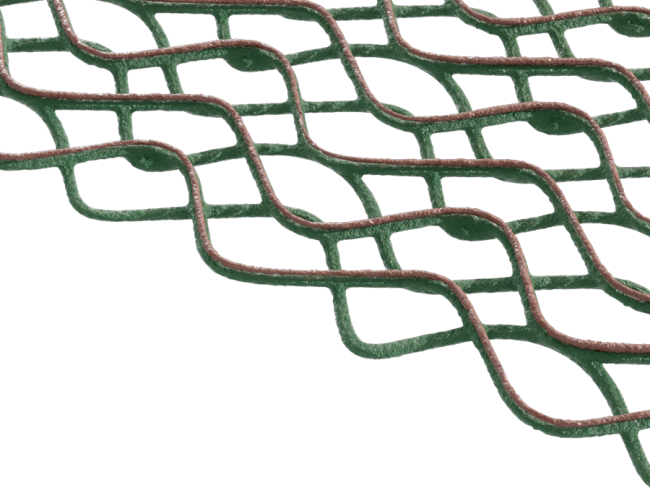
SuDS guidanceWhat are SuDSSustainable Drainage Systems (SuDS) offer a nature-based approach to solving drainage issues. They mitigate the effects of rainfall by incorporating grassed and other permeable surfaces, planting trees, creating rain gardens, or constructing attenuation ponds to decrease the likelihood of surface water or river flooding. These systems capture excess rainfall and gradually filter it into the ground, while tree planting provides additional interception, shading, and biodiversity benefits. Currently, new developments can exacerbate surface and sewer flood risk by covering permeable areas such as grasslands, soil, and existing tree cover, which would normally help absorb heavy rainfall. Protecting tree roots during construction and integrating root-friendly SuDS designs are therefore important for maintaining long-term drainage performance alongside healthier, more resilient landscapes. BenefitsSustainable drainage systems offer numerous advantages, including mitigating flood risk by capturing and storing excess water, reducing storm overflow discharges, enhancing local ecosystems within developments, and facilitating the collection of valuable rainwater. Integrating tree planting into SuDS adds further value by improving interception, supporting biodiversity, and contributing to healthier urban environments. Protecting existing trees and their root zones during construction also helps maintain these natural drainage benefits over the long term. However, to fully realise these benefits, SuDS must be designed, constructed, adopted, and maintained according to national standards throughout the entire lifespan of a development. RegulationsSustainable drainage systems (SuDS) became mandatory in 2024, following an announcement by the UK government on 30 January 2023. This decision enforces Schedule 3 of the Flood and Water Management Act 2010, requiring SuDS in new developments in England. The move comes after a review by the Department for Environment, Food and Rural Affairs (DEFRA). In the UK, there isn’t a single SuDS law, but a framework of regulations, planning requirements and national standards that shape how SuDS are applied in construction. The key ones are:
In practice, this means that all major developments in England, Scotland, Wales and Northern Ireland must now consider SuDS at planning stage. Key features SuDS regulations:
CIRIA C753 - The SuDS ManualCIRIA C753, commonly known as The SuDS Manual, is the UK’s most widely used guidance on Sustainable Drainage Systems. Published in 2015, it replaced the earlier 2007 manual (C697) and draws on extensive UK and international experience. The manual sets out good practice for the planning, design, construction, and maintenance of SuDS. It provides practical advice on managing surface water to reduce flood risk, improve water quality, and deliver wider benefits such as amenity and biodiversity. C753 is aimed at designers, engineers, planners, and developers, and is regarded as the national reference point for delivering SuDS that are both effective and sustainable. Trees and SuDSThe SuDS Manual (CIRIA C753) gives clear guidance on trees and their role in sustainable drainage:
In short, SuDS standards view trees not just as landscaping, but as integral drainage assets that intercept, store, and treat water, provided they are protected and designed into the system properly. Permeable paving in SuDSThe SuDS Manual (CIRIA C753) provides detailed guidance on the use of permeable and porous pavements as part of sustainable drainage design. These systems allow rainwater to infiltrate through the surface or its joints, reducing runoff and improving water quality before it enters the ground. The Manual distinguishes between:
It also highlights the use of grass and gravel reinforcement systems, which combine load-bearing strength with infiltration, making them suitable for car parks, access routes, or landscaped areas that need to support occasional traffic. Using geosynthetics in this way supports compliance with SuDS best practice, offering both drainage capacity and durable ground reinforcement. 
Looking for tree root protection?ProtectaWeb prevents damage to tree rootsWhether you're building pathways, roads, car parks or lorry parks, ProtectaWeb provides reliable tree root protection in all types of soil, without any digging required. The system is simply placed on the existing ground, filled and finished with a porous surface. The cells are filled with a clean angular stone which allows drainage and aeration through the cells. Perforated cell walls provide drainage, minimising hydrostatic build-up while ensuring the maximum supply of water to the tree roots, even when installed on a gradient. Related products
|


